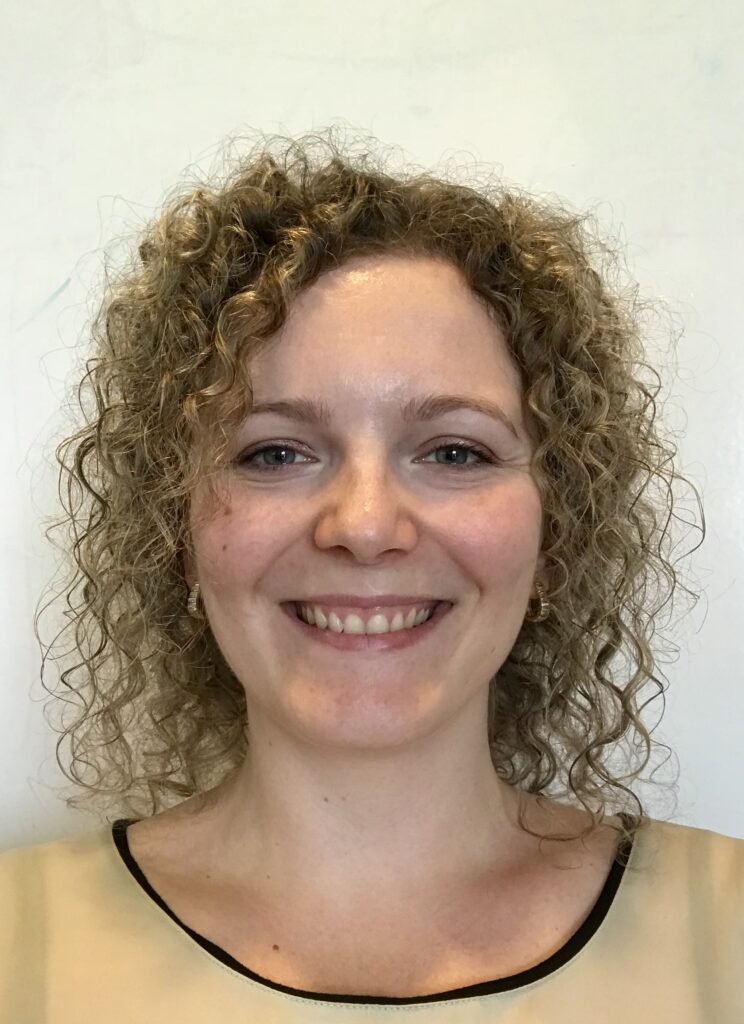The growing human population – over 8 billion of us at this point – requires an ever-increasing amount of resources (food, water, fuel…), while at the same time producing alarming amounts of waste, greenhouse gases, and environmental pollution. A sustainable way of acquiring the needed resources and ameliorating the produced waste is therefore crucial for the continued prosperity of the human race. Food production in particular largely depends on the manufacturing of artificial fertilizers, which are energy intensive to make and often create a lot of waste. Therefore a better way of producing and using artificial fertilizers would go a long way towards a more sustainable future. Indeed, sustainable nitrogen cycle management was named as one of the 14 Grand Challenges for Engineering in the 21st century.[1]
We decided to tackle the problem of sustainable fertilizers using urea as an example. Urea is one of the most common artificial nitrogen fertilizers, but decomposes readily under common agricultural conditions.[2] We used mechanochemistry to combine urea with gypsum, a common byproduct of the construction industry.[3] We thus obtain a stabilized fertilizer product that also provides key micronutrients (sulfur and calcium), and in addition can reuse waste construction gypsum. Compared to a solution-based process, the mechanochemical synthesis is waste-free, more energy-efficient, and faster. We explore the effect of different forms of starting materials on the synthesis outcome, and performed scale-up of the synthesis, reaching a maximum yield of 330 g/h.
[1] NAE Grand Challenges for Engineering; National Academy of Engineering. http://www.engineeringchallenges.org/challenges.aspx (accessed Mar, 2023).
[2] Pan, B.; Lam, S. K.; Mosier, A.; Luo, Y.; Chen, D. Agric. Ecosyst. Environ. 2016, 232, 283.
[3] Brekalo, I.; Martinez, V.; Karadeniz, B.; Orešković, P.; Drapanauskaite, D.; Vriesema, H.; Stenekes, R.; Etter, M.; Dejanović, I.; Baltrusaitis, J.; Užarević, K. ACS Sustainable Chem. Eng. 2022, 10, 6743–6754.

Ivana Brekalo, PhD, was born in Split and completed her bachelor’s and master’s degree in chemistry at the Faculty of Science and Mathematics in Zagreb. After spending some time in Pliva, she went to North America for her doctorate, at Georgetown (Washington DC, USA) and McGill (Montreal, Canada) universities. There, she mainly studied porous materials and their preparation using mechanochemical methods. After her doctorate, Ivana returned to Croatia and started a position at the Ruđer Bošković Institute as a postdoctoral researcher in the Laboratory for Applied and Sustainable Chemistry, where she continues her work in developing new methods in mechanochemistry. She used her six-month stay at the University of Warsaw to learn advanced methods in computational chemistry, which she now wants to apply to support her experimental work. Ivana is the author of several scientific papers, she has presented her research at international scientific meetings, winning many awards, and she is particularly interested in scientific communication. In her free time, she dances, plays board games, loves to spend time in nature, and loves applying chemistry in the kitchen (cooking and baking).